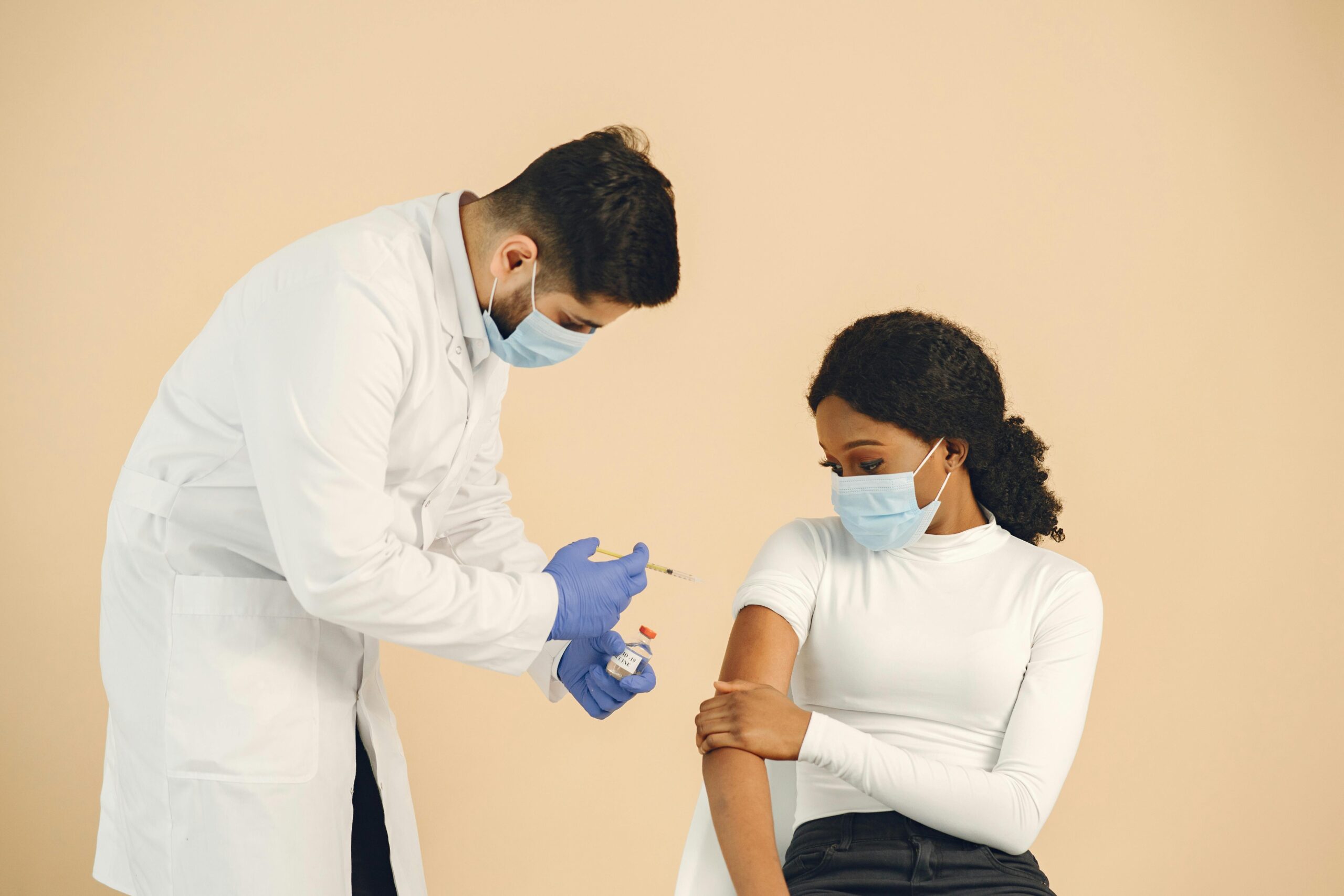
No matter how strong you think your health is, it’s crucial to stay on top of the screenings and preventative care recommended by your doctor. Women specifically have several doctors’ visits, tests, vaccines, even genetic counseling, that can help them maintain their physical and mental well-being for years to come. While these tests are a great way to take proactive measures to ensure overall health later in life, this post covers the essential healthcare screenings every woman should consider throughout her lifetime.
1. Pelvic Exam
An annual pelvic exam is recommended for women over the age of 21. During this exam, your doctor will check for any signs of infection or cancer in the reproductive organs and may even perform a Pap smear to check for abnormal cells. This exam can help detect issues early on and provide you with the resources necessary to take preventive measures against conditions like cervical cancer.
You may need it if you’re sexually active or if you experience pelvic pain, vaginal discharge, or lumps near your reproductive organs. The frequency of the exam may depend on your age, health history, and risk factors.
2. Pap Smear
A pap smear is a screening test for cervical cancer and HPV (human papillomavirus). During this test, your doctor will take a sample of cells from your cervix to look for any changes or abnormalities that could signal the presence of cancer or HPV. It is recommended that women aged 21 to 65 get a pap smear every three to five years, depending on their risk factors and health history.
Usually, this test is done in conjunction with a pelvic exam. The frequency of this test may be increased or decreased depending on the results of previous tests and if any risk factors are present, such as an existing HPV infection. Your OB/GYN can help you develop a screening plan that works best for you.
3. Hearing Test
Hearing tests are essential for all women, regardless of age. This test aims to detect any changes in hearing that may signal a health issue or prevent further damage to your hearing. Watch out for signs of hearing loss, such as difficulty hearing conversations, ringing in your ears, or difficulty understanding what people are saying.
You can have hearing tests at any point, but you may need them more often as you grow older or if you work in an environment with a lot of loud noise. HearCanada can run a full hearing assessment and provide the right hearing aid if necessary. The earlier you catch some problems, the better you can prevent further damage.
4. STI Screening
Sexually transmitted infections (STIs) are a common problem among women of all ages and can have serious implications for health. It is important to get tested regularly for STIs, such as chlamydia or gonorrhea, to prevent potential complications and the spread of infection.
Your doctor can provide you with accurate testing and provide advice on how to reduce the risk of infection. It is recommended that all sexually active women get tested for STIs at least once a year or more often if there are any changes in sexual behavior or health.
5. Eye Exam
Eye exams are essential for checking the overall health of your eyes and determining any risk factors for vision problems or diseases such as glaucoma or cataracts. An eye exam can also diagnose issues related to diabetes, high blood pressure, and other medical conditions that can affect your vision.
It is recommended that women over 40 have an eye exam every two to four years or more often if any vision changes occur. Women under 40 should still get regular eye exams but may only need them sometimes.
6. Breast Exam
Women should consider having an annual breast exam to check for any changes or lumps that may signal the presence of cancer. During this exam, your doctor will check both breasts and underarms to look for any signs of abnormalities. Self-exams are also essential and should be done regularly so that you can catch any potential issues early.
The frequency of breast exams and mammograms may vary depending on your age, health history, and risk factors. Your doctor will be able to advise you as to how often these screenings should be done.
These are just a few essential healthcare screenings every woman should consider having throughout her lifetime. These services can help detect issues early on, leading to better outcomes and improved overall health. It is important to discuss your individual needs with your doctor so that you can get the proper tests at the right intervals. Regular check-ups are just as important for preventive care as for diagnosing issues early on. Taking this proactive step in your healthcare will help ensure health.

















